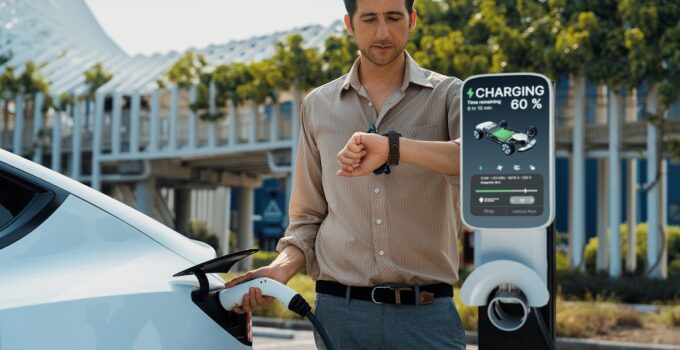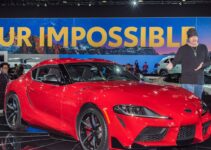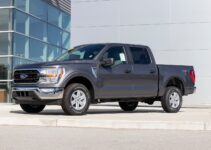As urban centers like California champion the electric vehicle (EV) revolution with open arms and hefty subsidies, rural America finds itself on the precarious fringes of this automotive shift. Here’s a look at why this well-intended push towards green energy isn’t quite lighting up the rural landscape.
1. Lack of Charging Infrastructure
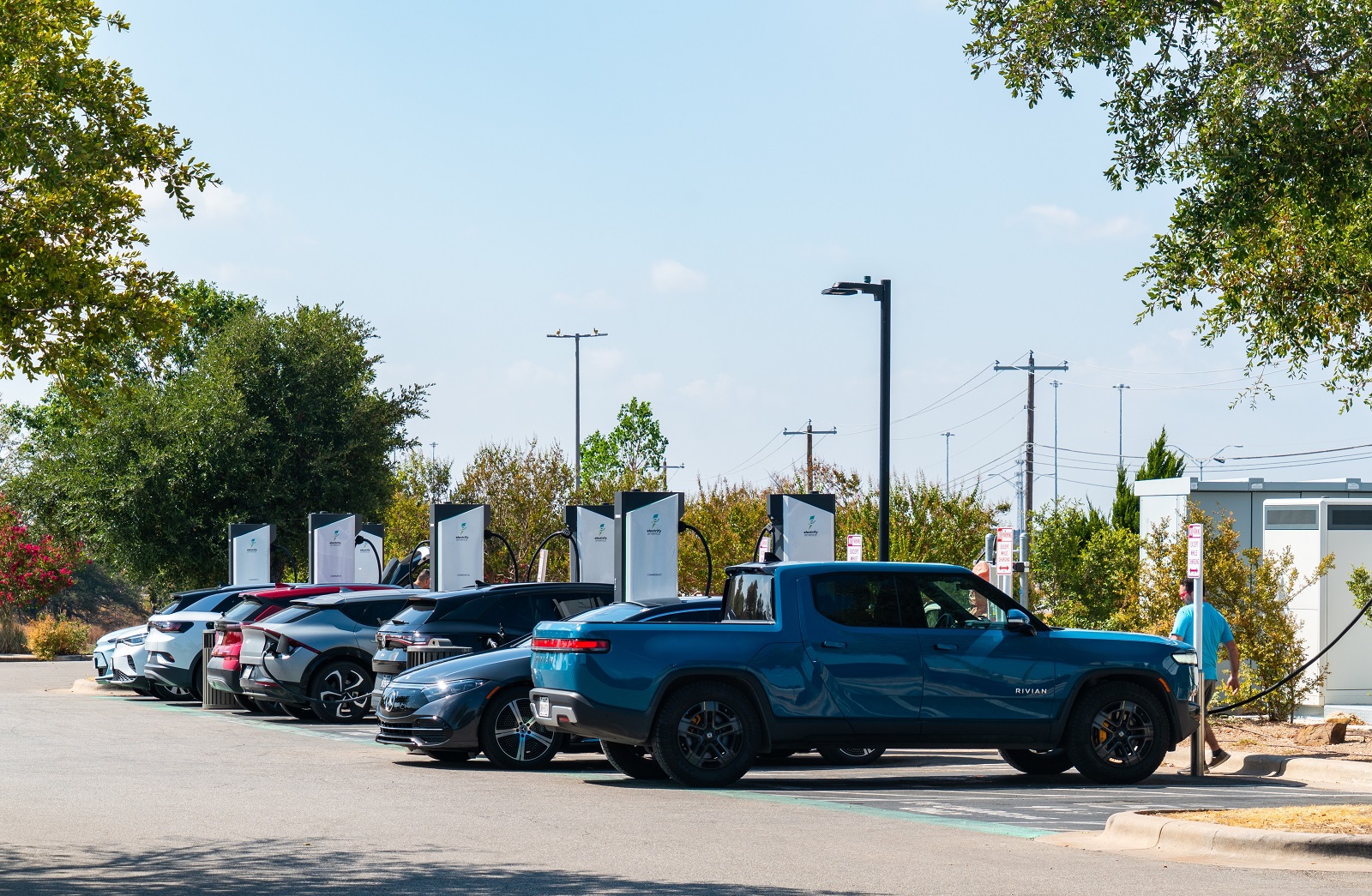
Image Credit: Shutterstock / Roschetzky Photography
In vast rural areas, charging stations are as scarce as rain in California’s deserts. The nearest charging point might be miles away, not just around the corner like in San Francisco.
2. Higher Initial Costs

Image Credit: Shutterstock / fizkes
The upfront cost of EVs is a bitter pill for rural budgets, where spending thousands extra for an electric vehicle isn’t practical compared to more affordable gasoline options.
3. Limited Range of Vehicles
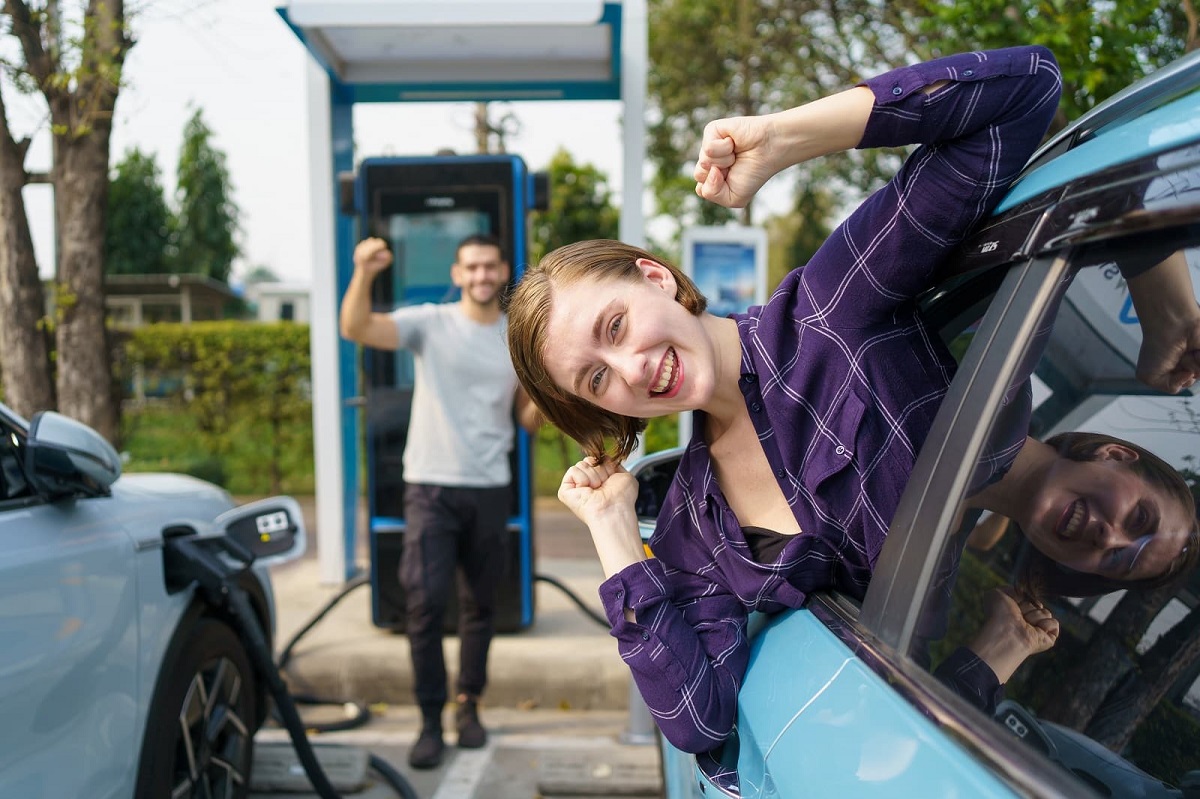
Image Credit: Shutterstock / DG FotoStock
Electric vehicles often boast about range, but in rural settings where distances are greater and towns farther apart, “range anxiety” is a genuine concern, not just a catchy phrase.
4. Slow Adoption of New Technologies
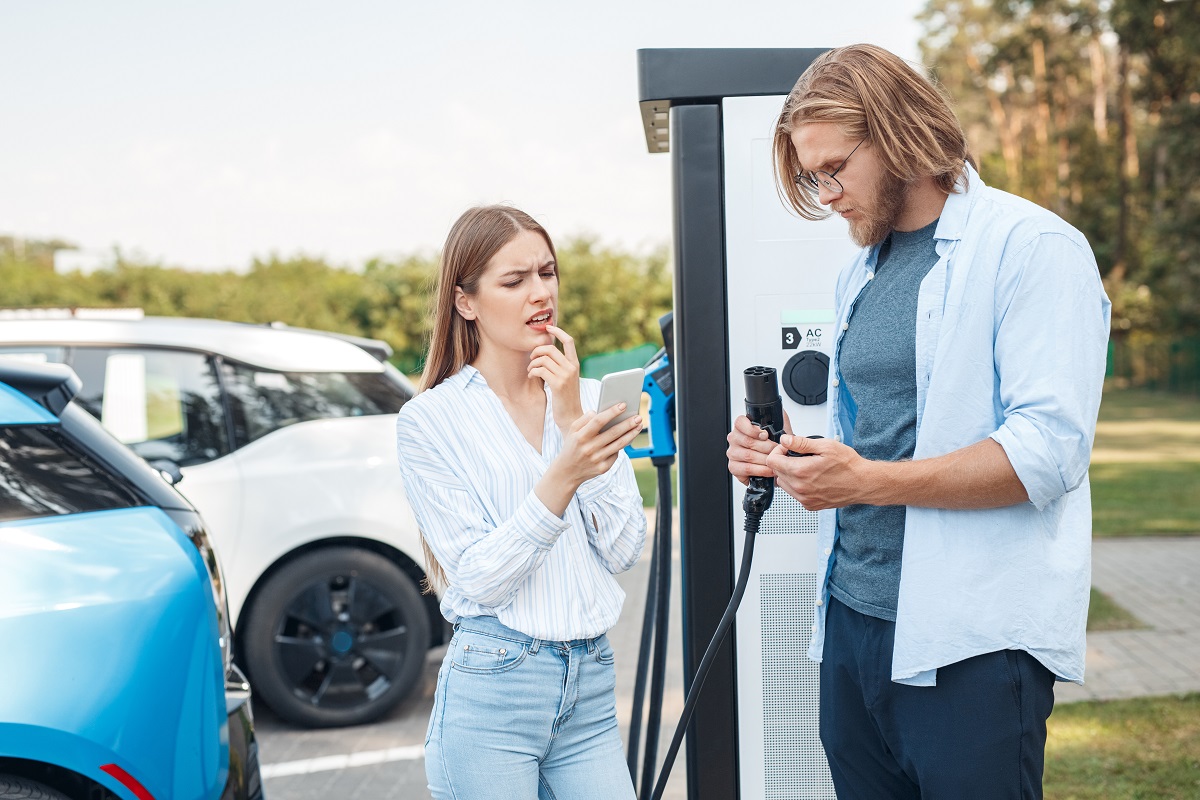
Image Credit: Shutterstock / Viktoriia Hnatiuk
Rural areas are traditionally skeptical of rapidly changing technologies, preferring the reliability and known quantity of combustion engines over the latest Silicon Valley exports.
5. Economic Disparities

Image Credit: Shutterstock / totojang1977
While wealthy urbanites in Los Angeles can afford the latest Tesla, rural incomes, which often lag behind urban centers, can’t stretch to accommodate the electric premium.
6. Insufficient Government Incentives

Image Credit: Shutterstock /
Government incentives for EVs are largely tailored for urban use. Rural dwellers find these incentives inadequate for their specific needs and circumstances.
7. Power Grid Limitations
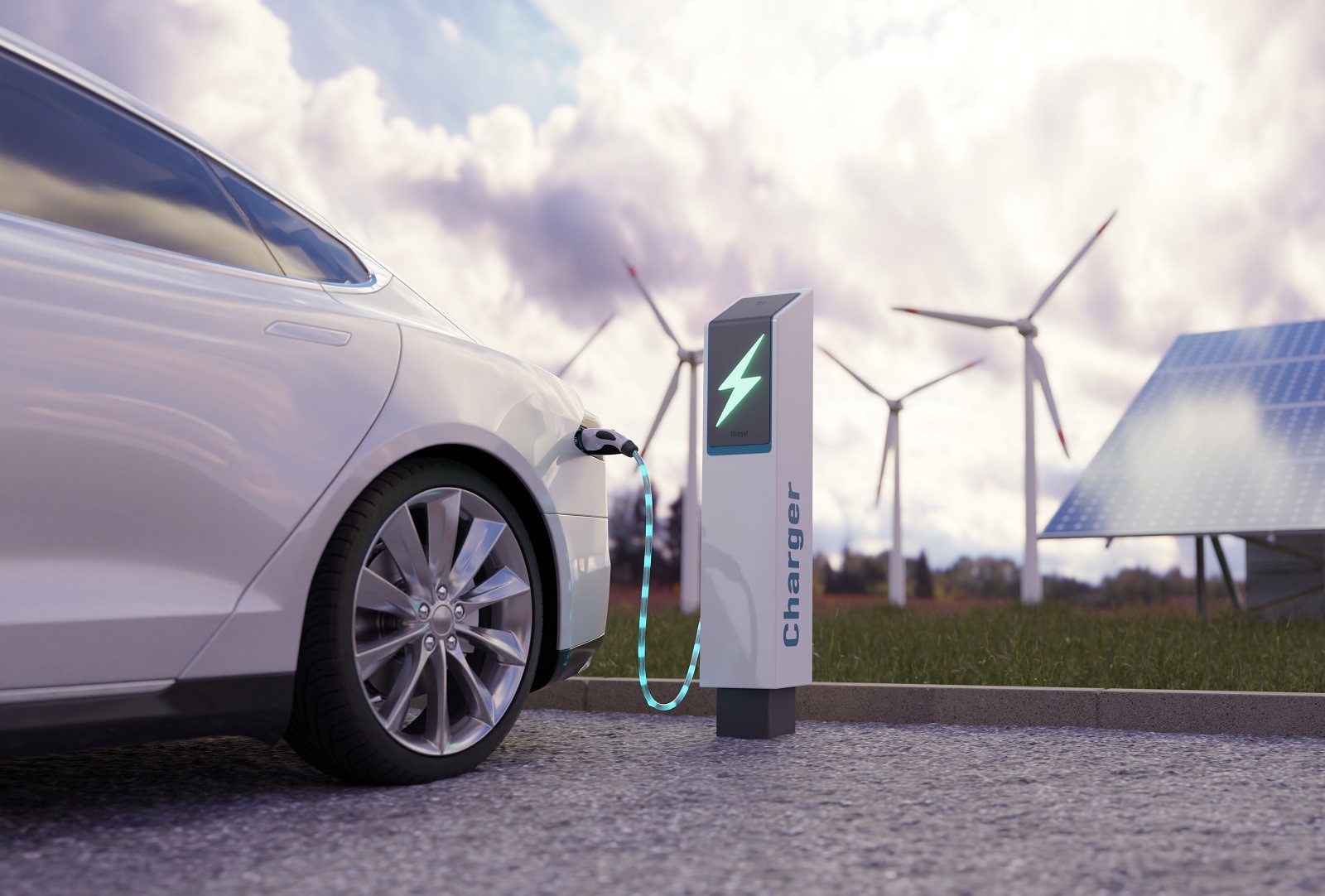
Image Credit: Shutterstock / Markopolo
The rural power grid, often older and less maintained, struggles to support the additional load of EV charging, unlike the robust grids of major cities.
8. Longer Commutes and Travel

Image Credit: Shutterstock / Hazal Ak
Rural commutes can be extensive. An EV might get you to town and back on a good day, but add in a few errands, and the battery gauge becomes a source of stress.
9. Harsher Environmental Conditions
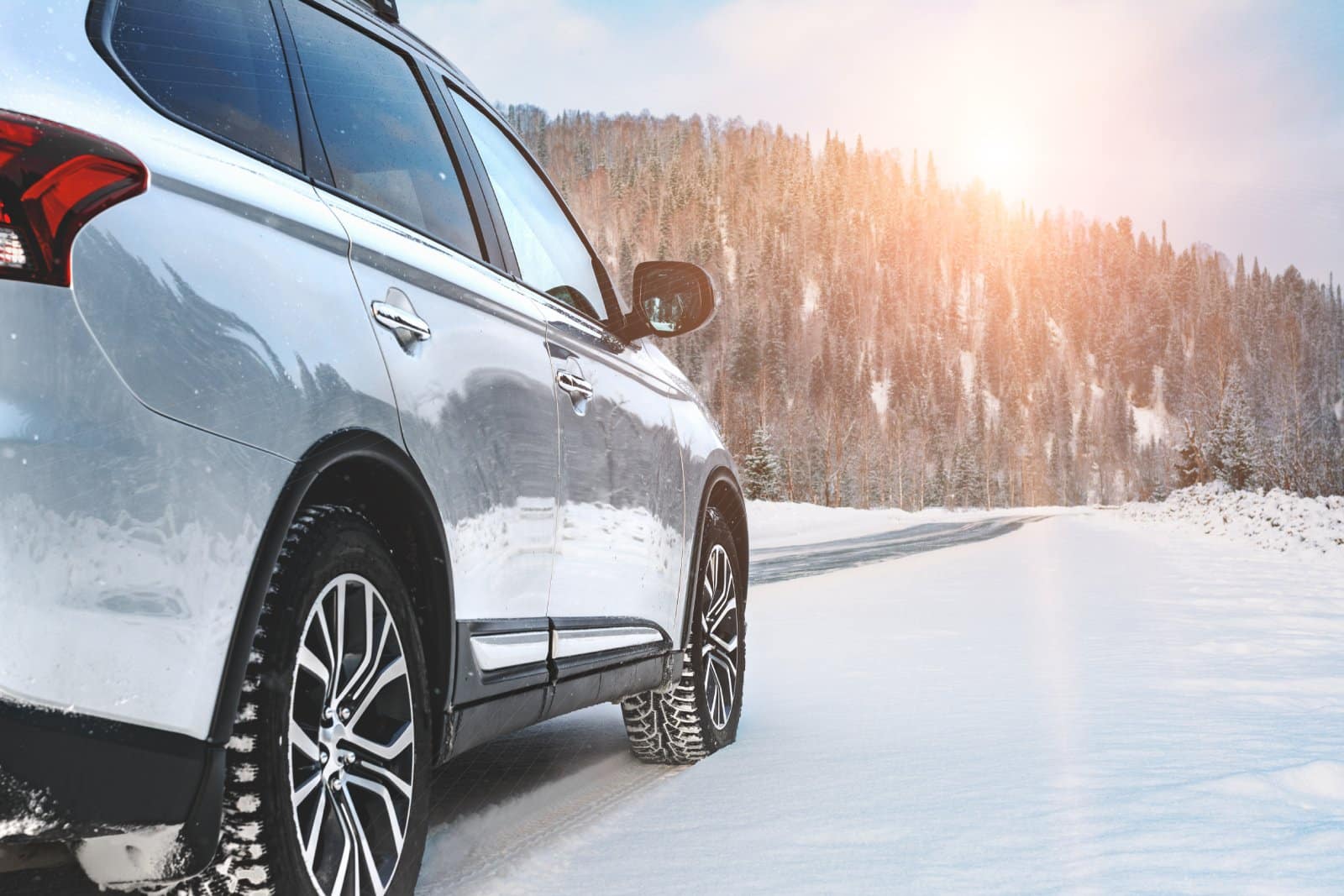
Image Credit: Shutterstock / Galina_Lya
EVs are tested in ideal conditions, far from the harsh winters and rough terrains common in rural areas, which can drastically reduce battery efficiency and vehicle reliability.
10. Dependence on Farming Equipment

Image Credit:Shutterstock / New Africa
Rural America runs on diesel-powered heavy machinery. There’s no electric equivalent for a high-torque tractor or a combine, leaving a significant gap in the electric promise.
11. Job Implications
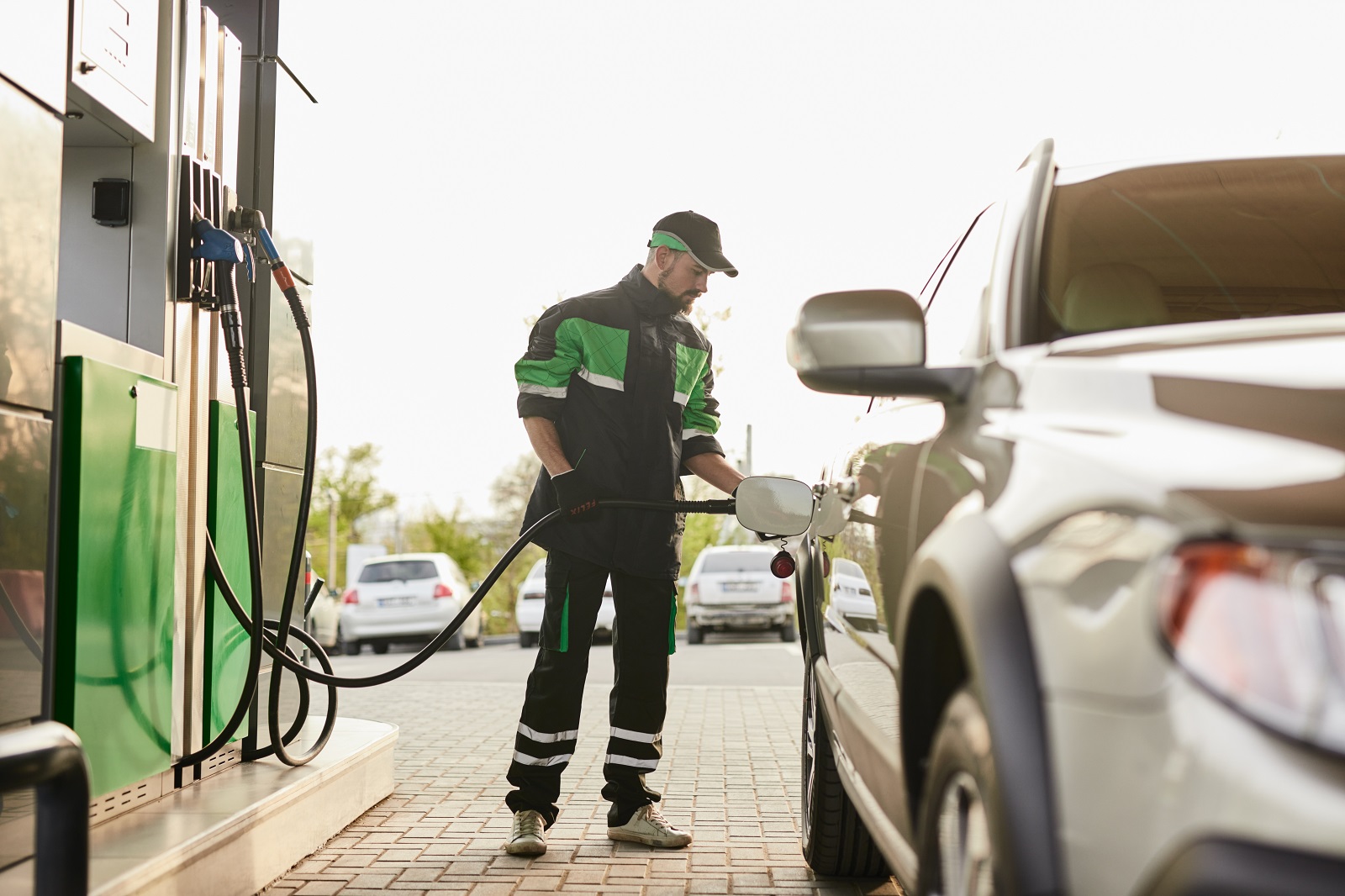
Image Credit: Shutterstock / Max kegfire
The push for EVs threatens the livelihood of those in rural areas dependent on the oil and gas industries, unlike in cities where such jobs are less prevalent.
12. Cultural Resistance

Image Credit: Shutterstock / Walter Eric Sy
There’s a deep-seated resistance to being told how to live by “urban elites” from places like New York, who seem more concerned with trendy causes than practical solutions.
13. Reliability Concerns

Image Credit: Shutterstock / Prostock-studio
Electric vehicles still face questions about their long-term reliability, which is a gamble rural folks can’t afford when the nearest mechanic with EV expertise might be hours away.
14. Emergency Preparedness

Image Credit: Shutterstock / Monkey Business Images
In rural emergencies, like storms or fires, an EV’s limited range without quick, nearby charging options can be a literal life-or-death drawback.
15. Inadequate Public Transport Integration

Image Credit: Shutterstock / Andrey_Popov
EVs in cities benefit from integration with other forms of transport. In rural areas, without such systems in place, an EV’s limitations are magnified.
16. Technology Gaps
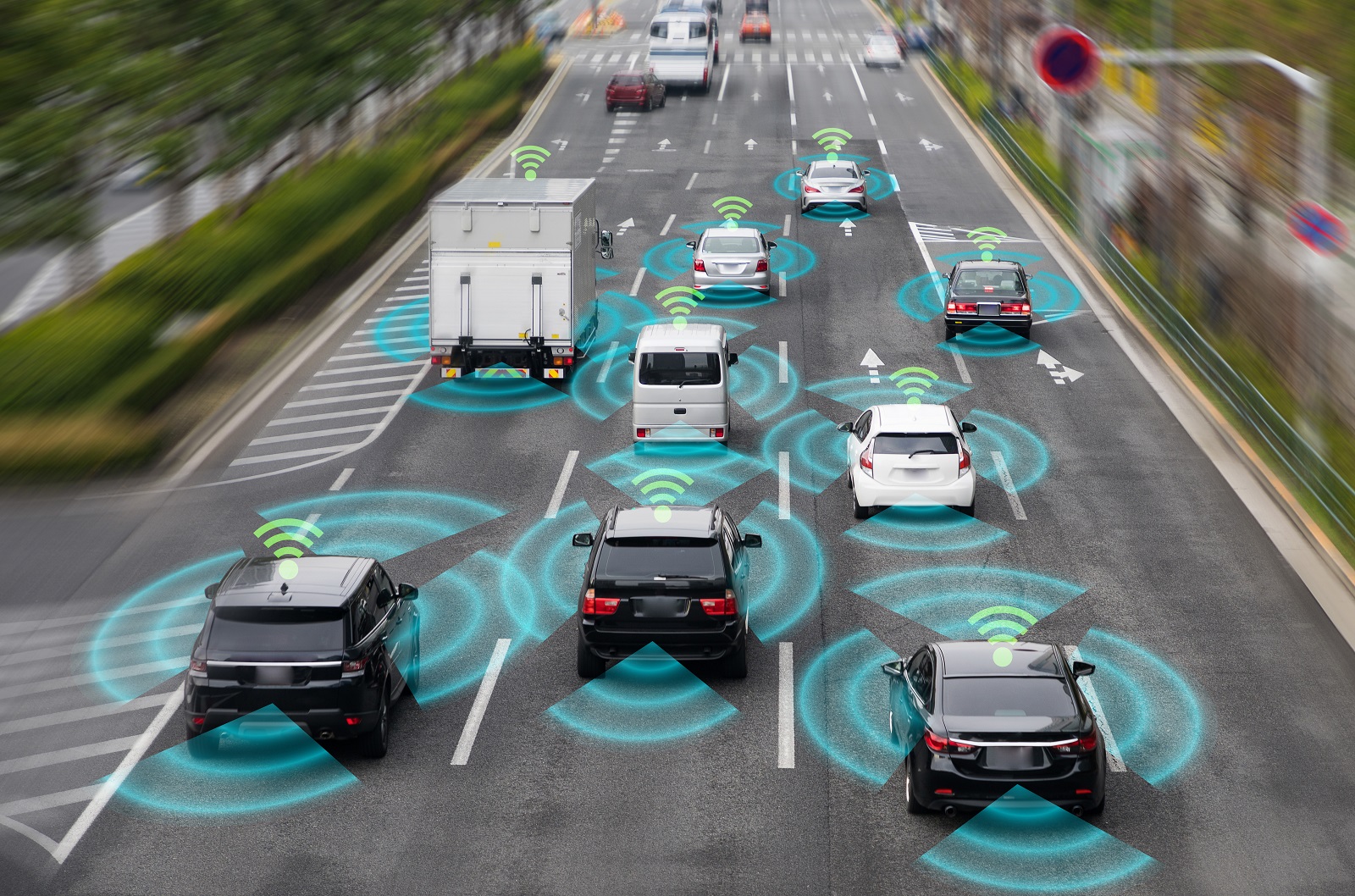
Image Credit: Shutterstock / metamorworks
The technological infrastructure that supports EVs, like high-speed internet for software updates, is often lacking in rural areas, making maintenance a challenge.
17. Secondary Market Shortcomings
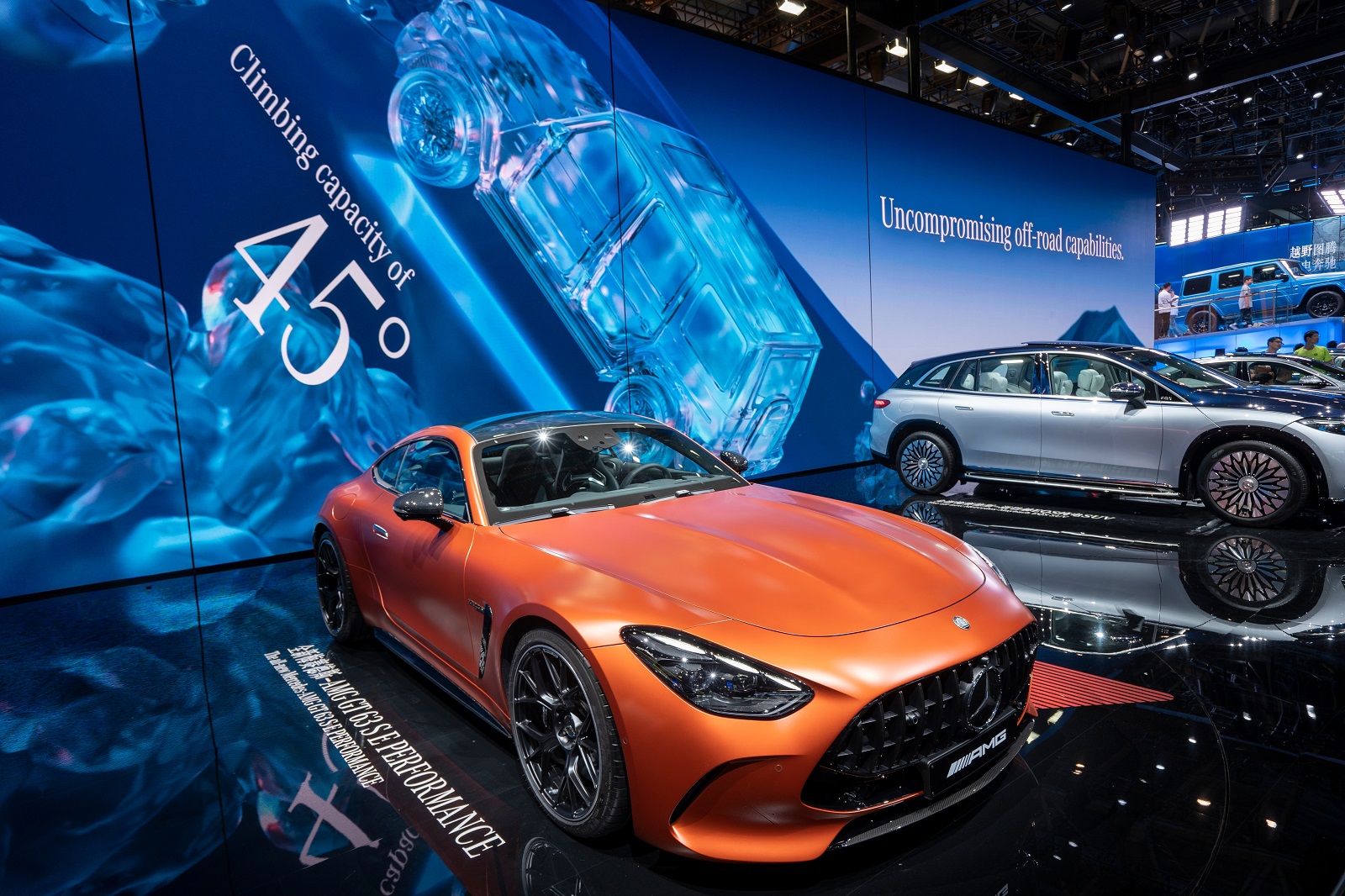
Image Credit: Shutterstock / Tada Images
The used EV market isn’t as robust or trustworthy as the gasoline vehicle second-hand market, which rural folks rely on for affordable vehicle options.
18. Charging Time Constraints
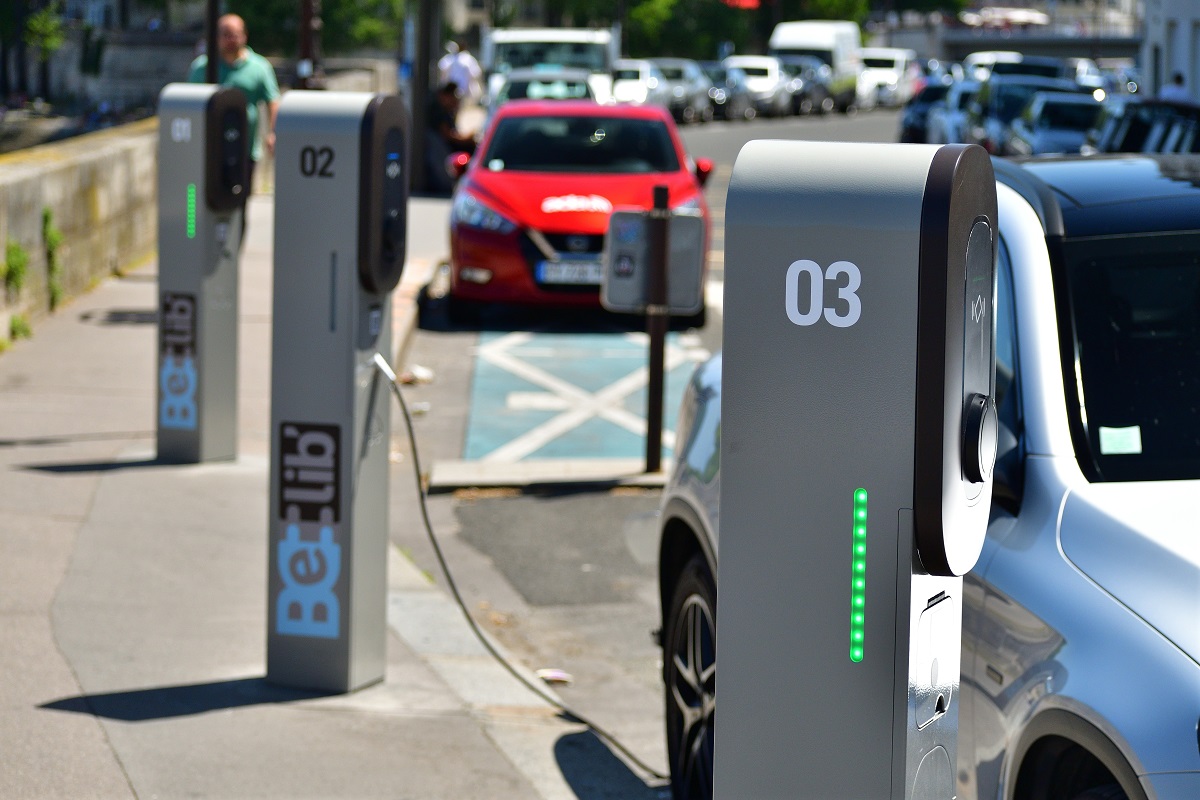
Image Credit: Shutterstock / noriox
Charging an EV can take hours—a non-issue for a city dweller with access to overnight street charging, but a logistical headache for someone in a rural setting.
19. Perception of Urban Prioritization
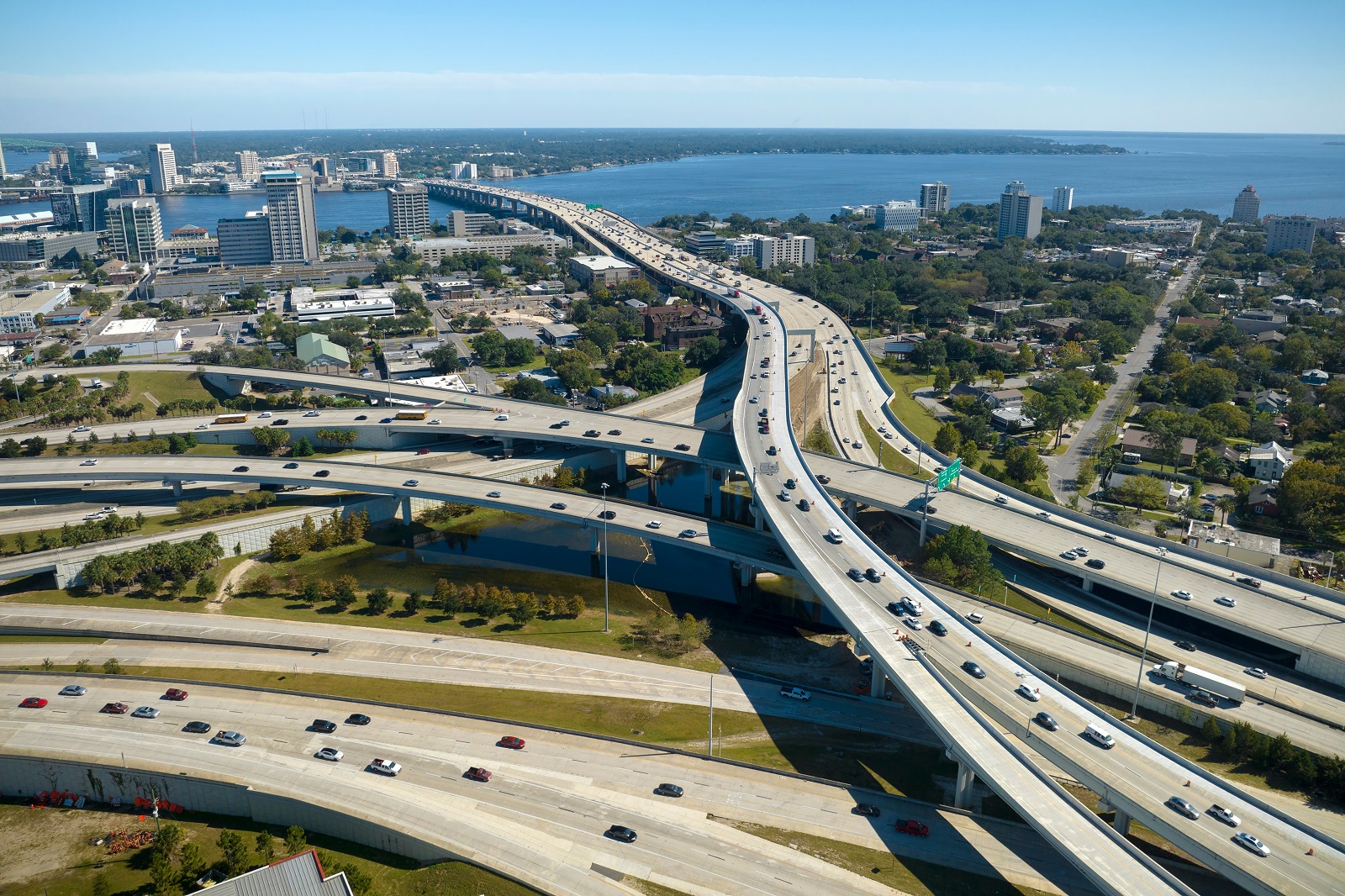
Image Credit: Shutterstock / Bilanol
There’s a palpable sense that the electric vehicle push is another way for urban areas to set priorities for the country, disregarding the unique needs of rural communities.
Reflecting on Rural Realities
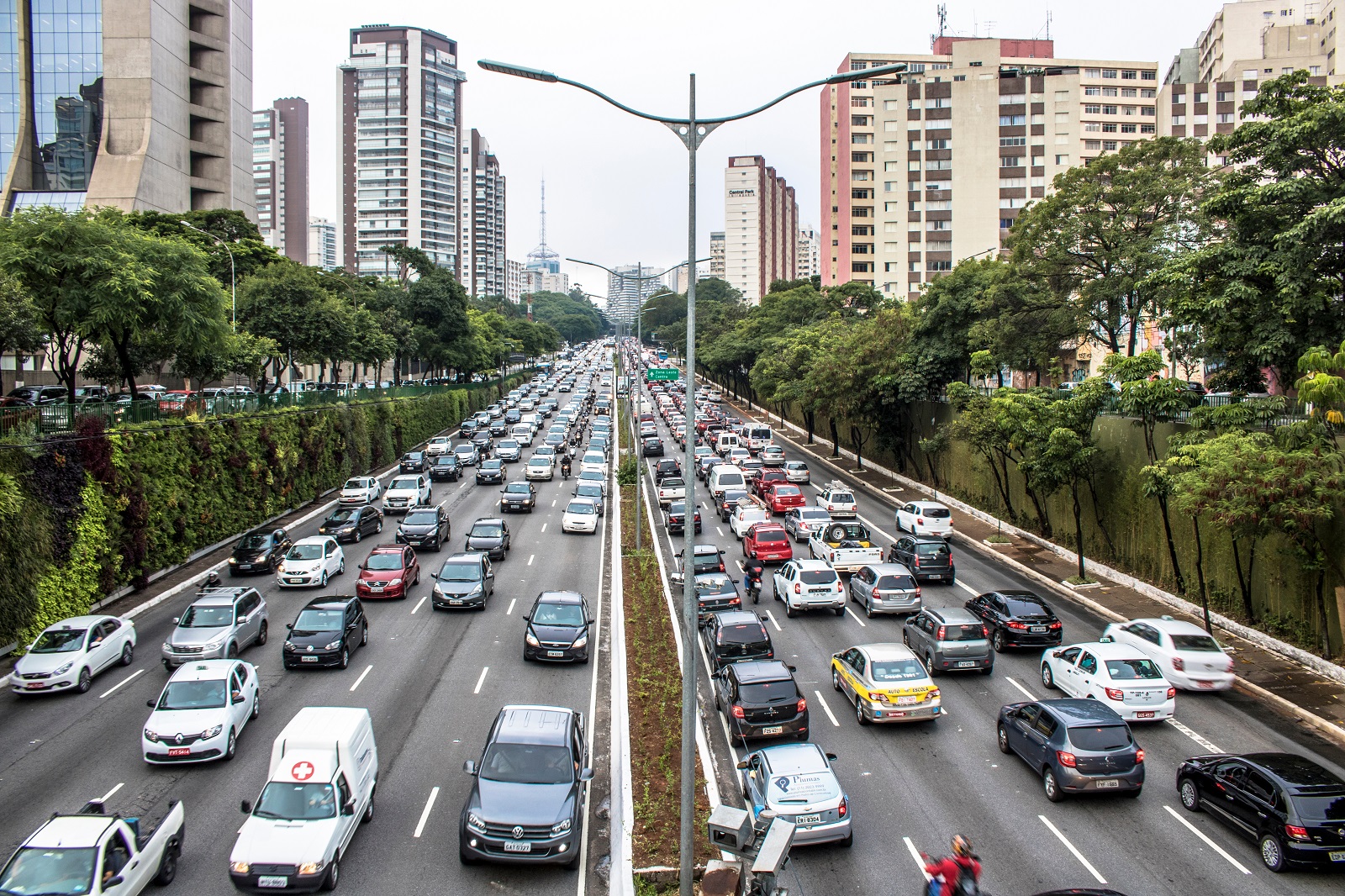
Image Credit: Shutterstock / Alf Ribeiro
As long as the divide between the ‘electric elite’ and the rural everyday continues to grow, skepticism will persist. How can we bridge this gap and ensure that advancements in green technology benefit not just the city dwellers but everyone? Is the current approach merely deepening the urban-rural divide, and if so, what changes need to be made?
2024’s Most Anticipated Car Releases: What’s Coming Soon

Image Credit: Shutterstock / canadianPhotographer56
If you love cars, 2024 is shaping up to be an exciting year. New models are rolling out with more power, better tech, and some fresh designs that could change the game. Here’s the scoop on the top cars hitting the streets soon. 2024’s Most Anticipated Car Releases: What’s Coming Soon
21 Mods That Make Your Car Illegal

Image Credit: Shutterstock / macondo
Car modifications can enhance style and performance, but not all modifications are legal. Here are 21 illegal car modifications that can get you in trouble with the law across various states. 21 Mods That Make Your Car Illegal
10 American Classic Cars That Define a Generation
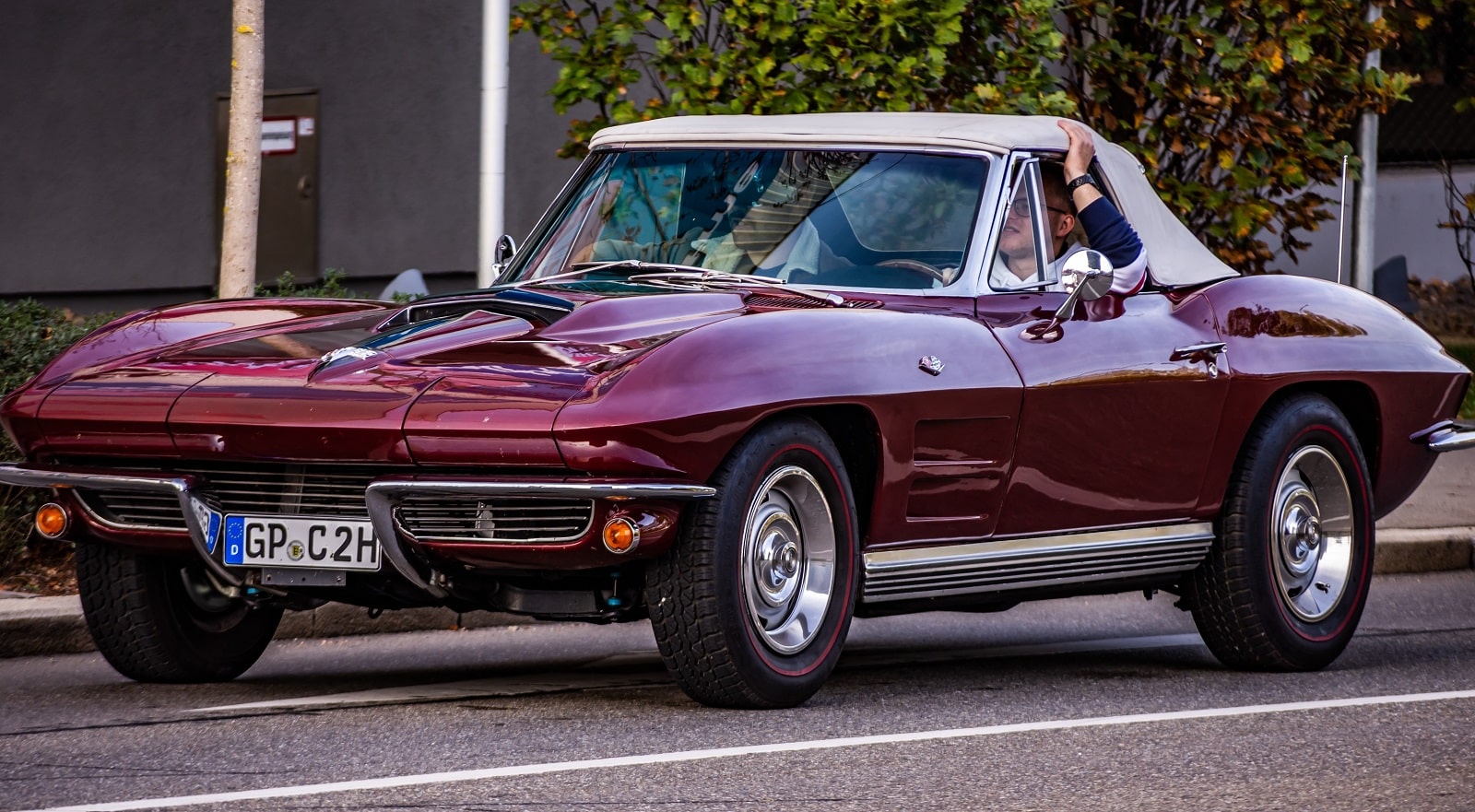
Image Credit: Shutterstock / Krisz12Photo
American classic cars are symbols of their eras, each telling a story of its time and capturing the essence of car culture. Here are ten classics that defined generations. 10 American Classic Cars That Define a Generation
The post How the Electric Revolution Is Failing Rural America first appeared on Mechanic Insider.
Featured Image Credit: Shutterstock / Owlie Productions.
For transparency, this content was partly developed with AI assistance and carefully curated by an experienced editor to be informative and ensure accuracy.
